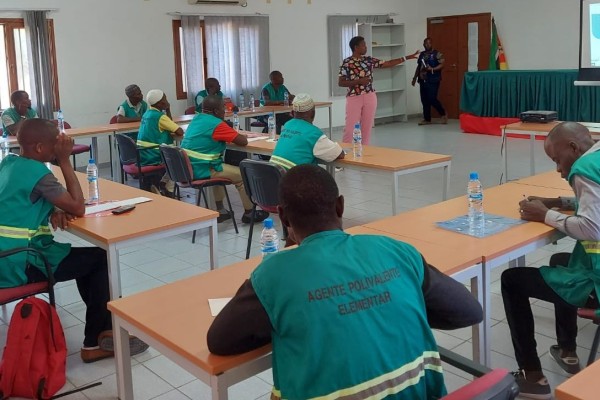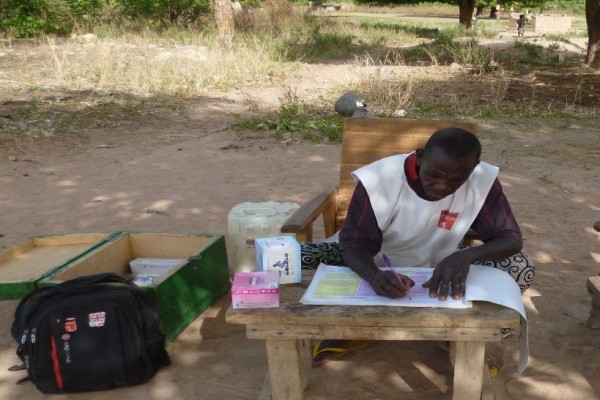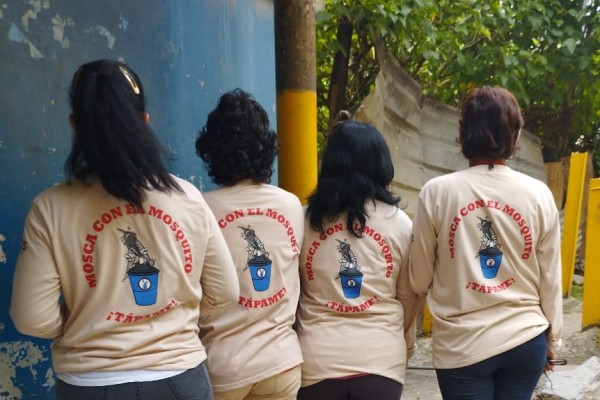MENTOR provides training on integrated vector-borne disease control to UN agencies, government agencies and partner organisations.
We share our experience and knowledge to increase the capacity of organisations to address vector-borne diseases and neglected tropical diseases. Through this collaborative approach, we focus on evidence-based strategies and best practices in disease prevention and control.
Our flagship training programme is a comprehensive five-day workshop that combines theoretical sessions, practical demonstrations and interactive learning experiences. This workshop covers a wide range of topics, such as:
- vector biology
- disease surveillance and monitoring
- vector control interventions
- case management
- community engagement.
By providing a holistic training experience, participants gain a thorough understanding of the complexities of vector-borne diseases and develop the skills to implement effective control measures.
Through training, we aim to build a network of professionals who contribute to the sustainable control and elimination of vector-borne diseases. By facilitating knowledge exchange and collaboration, together we can strengthen efforts to tackle these diseases and improve the health and wellbeing of communities worldwide.



